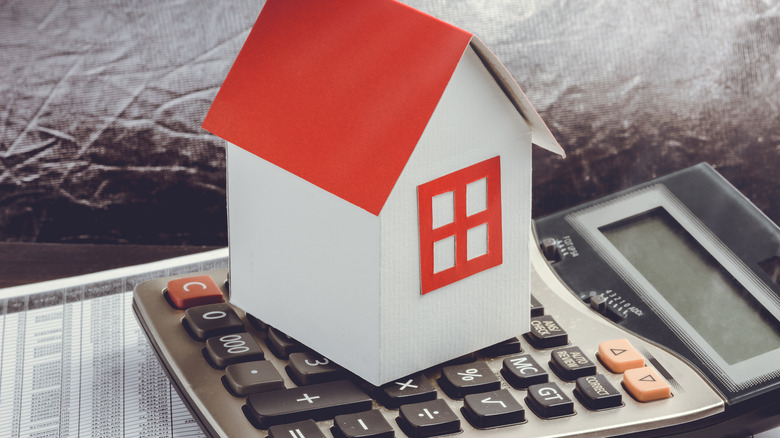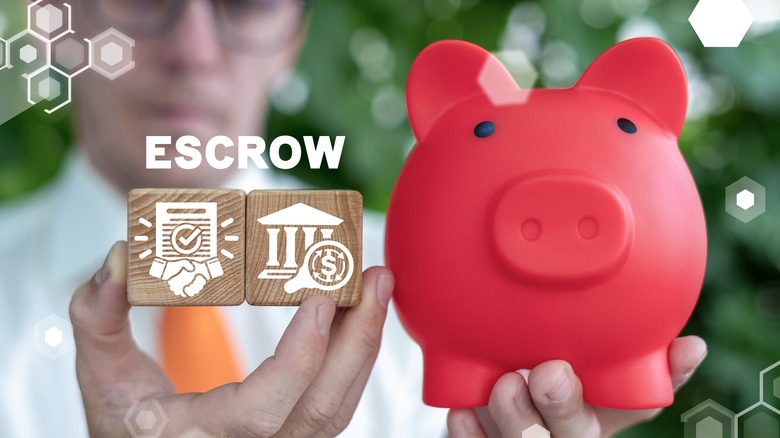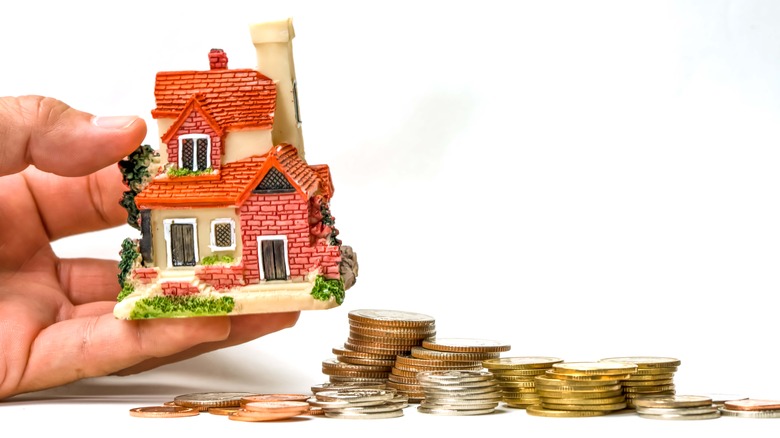What Is An Escrow Refund And When Can You Get It?
In most cases, when you buy a home, it's common to make an escrow deposit as a sign of good faith that you are serious about the transaction. In some cases, albeit rare, you may be able to get an escrow refund. We can all agree that buying a home can be quite an expensive investment, so we bet a refund of any amount is very welcome.
Before we move forward with the particulars, you may find it useful to know what an escrow account is. An escrow account is where funds are held during the escrow process in a real estate transaction. According to ROCKET Mortgage, this will likely include your EMD (Earnest Money Deposit) or your mortgage insurance and taxes.
Next, let's go ahead and take a closer look at what an escrow refund is, whether you might be able to get one, and how you can calculate your escrow amount.
Can you get an escrow refund?
As Law Insider states, an escrow refund is "The amount of any escrow money paid by the borrower under the Purchase Agreements which is returned to, and received by, the borrower from the seller in accordance with the terms of the Purchase Agreements." In simpler terms, it simply refers to any sum of money that is refunded to the buyer from the escrow account.
However, this is not always possible. In order to receive an escrow refund, your escrow account must have funds in excess. Additionally, it's important to note that excess funds must exceed a minimum of $50 in order for you to be eligible for a refund. In the case of your excess funds being less than $50, the loan servicer has the option to choose whether to refund it or apply it towards next year's escrow payments. Also, if you have paid off your mortgage completely, you will likely receive an escrow refund for the remaining balance as well (via Interest Mortgage).
Calculating an escrow amount
In order to figure out if you do have funds in excess, you would have to calculate your escrow amount. This will tell you if you are able to request a refund. This might sound complicated at first, but it's quite a simple process.
As the Houston Chronicle explains, banks will balance your escrow account annually, and occasionally they balance it more frequently. In order to complete the calculation of your escrow amount, take your escrow account's current balance and add the escrow payments you will make over the next year (12 months of payments). Next, subtract any expected expenditures, including property taxes, hazard insurance, or flood insurance. Any money left after subtracting the expected expenditures is considered an escrow overage, and you may be refunded for that amount. Keep in mind that this excess must be greater than $50; otherwise, there is a chance you may not receive a refund.


